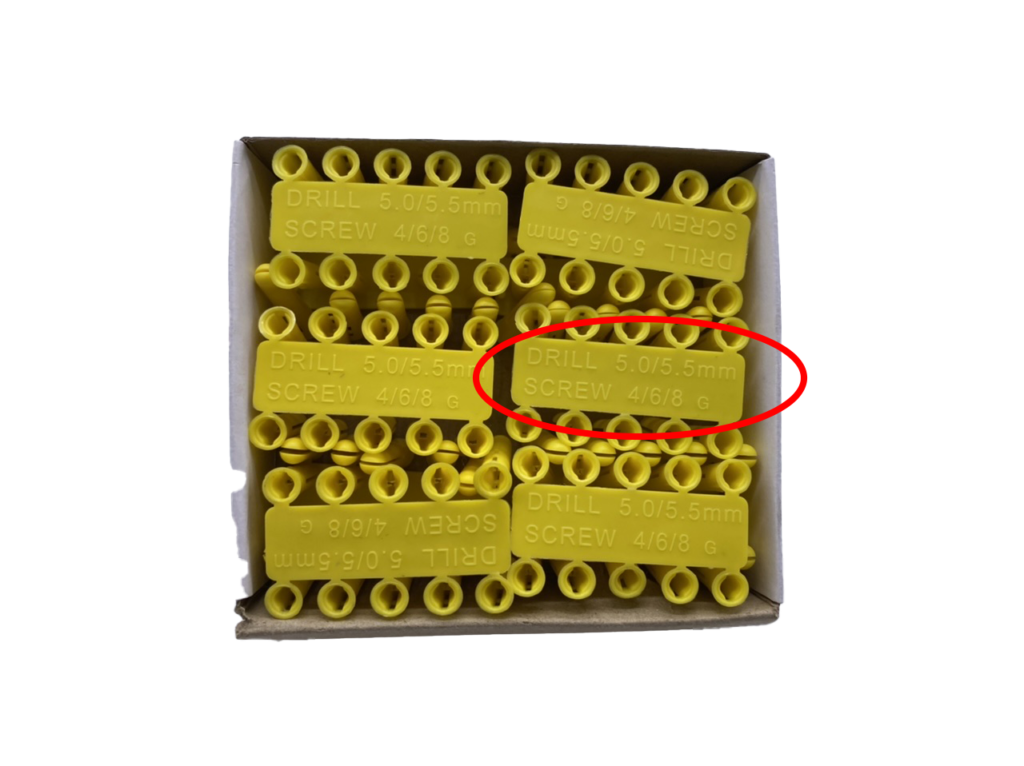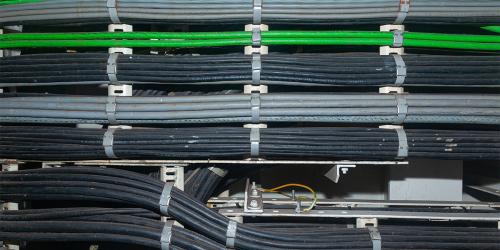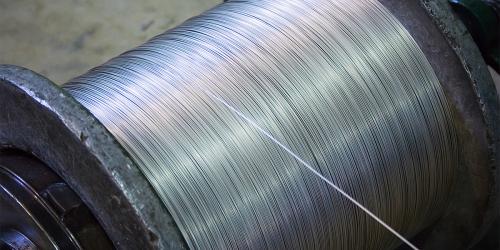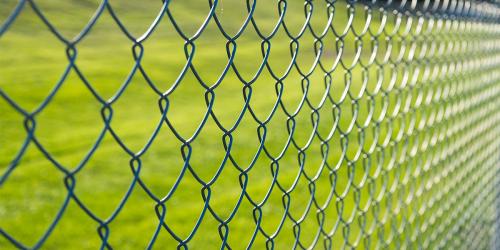In this blog, we’re going to tackle another common question we hear in our community – how do I choose the right size drill bit for a wall plug?
Choosing the correct drill bit size for your wall plug is important for ensuring a secure and stable fix. Whether you’re hanging shelves, mounting a TV, or fixing a sign, getting this combination right is the key to a successful project. Wall plugs, also known as rawl plugs, are essential in these projects, securing screws into masonry or plasterboard walls where the material alone wouldn’t be able to support the weight of the fixture. They expand to anchor the screw in place, but for them to work effectively, the hole drilled must match the plug size precisely.
Wall plugs come in various sizes and colours, each suited for different screw gauges and drilling requirements. For instance, yellow plugs typically accommodate 4mm gauge screws, red ones are for 5mm, and brown ones for 5.5mm screws. However, it’s important to note that these specifications can vary slightly by manufacturer.
Selecting the Right Drill Bit
1. Match the Drill Bit to the Wall Plug Size
The first rule of thumb is straightforward, the drill bit’s diameter should correspond to the wall plug’s size, not the screw size. This is usually specified on the packaging. If you’re using a 7mm wall plug, for instance, you’ll need a 7mm masonry drill bit for concrete walls or a 7mm wood drill bit for timber.
However, depth is just as important too. Ensure the hole you drill is slightly deeper than the wall plug length. This extra space at the bottom allows for any debris created during the drilling process, ensuring the plug fits snugly.
2. Consider the Screw Diameter
The screw you plan to use with the wall plug also plays a role in choosing the correct drill bit size. Generally, the screw diameter should be slightly less than the wall plug’s to ensure a snug fit. For example, a 5mm screw pairs well with a 5.5 or 6mm wall plug. The packaging often provides this information, suggesting the appropriate screw size for each plug.

3. Wall Material
The type of material you’re drilling into can influence your choice of drill bit. For plasterboard, a smaller drill bit might suffice, as the material is softer and the plug can expand more easily. Conversely, for denser materials like concrete, precision is crucial to prevent the plug from being too loose or too tight.
4. Testing and Troubleshooting
If you’re unsure, a trial run on a similar material or an inconspicuous area can be invaluable. This allows you to ensure the plug fits perfectly before proceeding with the final installation.
Practical Tips
- Check for cables and pipes - always use a detector to check for hidden cables and pipes before drilling. This step is important for safety and to avoid costly repairs.
- Don’t ignore the wall material - using a drill bit suitable for timber on a concrete wall can damage both the bit and the wall.
- Don’t choose the wrong drill bit size – too large, and the plug won’t hold; too small, and the plug might not even fit into the hole.
- Don’t over-drill – this can cause the wall plug to fit too loosely, compromising the fixture’s stability.
Choosing the right size drill bit for a wall plug doesn't have to be a guessing game. By understanding the basics of how wall plugs work and following our practical tips, you'll be well on your way to achieving a secure and stable fix for your next project!
Here at BS Fixings, we stock a wide range of screws, drill bits, and wall plugs, making our website your perfect one-stop shop for all your DIY and building needs. Visit our website today or if you have any further questions, contact us on 03330 117818 or email [email protected] and a member of our team will be happy to help.






